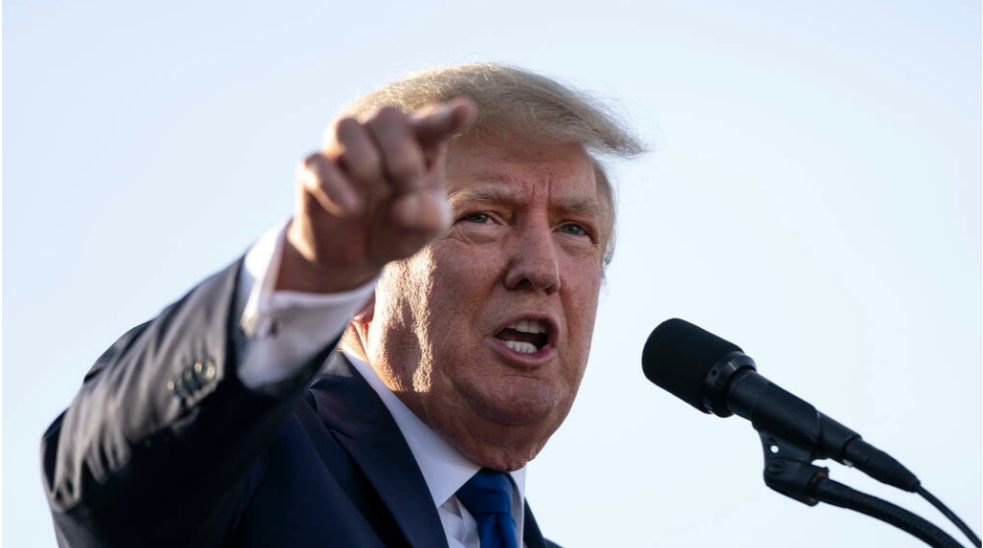On Thursday, a New York state court filed criminal charges against former President Donald Trump , in a precedent in US history that is only the first step on a long judicial path.
A New York court opened an investigation in 2018 into the payment of $130,000 to pornographic actress Stormy Daniels prior to the 2016 presidential election in order to cover up an alleged extramarital affair with Donald Trump.
The amount was not declared in the accounts of the Republican candidate's campaign in violation of state election laws and was recorded as "legal fees" in the accounts of his company, which is headquartered in New York.
In January, Democratic Manhattan District Attorney Alvin Bragg entrusted this case to a grand jury.
In the United States a grand jury consists of citizens chosen by lot who are responsible for the investigation in strict secrecy to determine whether there is sufficient evidence to bring formal charges against a suspect.
After hearing the testimony of a number of witnesses, the grand jury called Donald Trump to testify in mid-March.
The former president had refused this before and called on his supporters to demonstrate in protest against his upcoming "arrest".
The grand jury convened at 14:00 (18:00 GMT) Thursday with three prosecutors in charge of the case, according to The New York Times. After three hours of discussions behind closed doors, they adopted an indictment in which the charges were not disclosed.
Prosecutors contacted Donald Trump's attorney Thursday night to schedule a court appearance in New York to be formally notified of the indictment.
If he refuses he can be arrested and it will then be necessary to "extradite" him from Florida, where he lives, to New York since each state has its own legal system.
Republican Florida Governor Ron DeSantis said on Twitter that he would not be cooperative even though the constitution bars him from opposing his transfer.
And US media reported that Trump will agree to appear in person in New York court, most likely at the beginning of next week.
Carl Tobias, a law professor at the University of Richmond in Virginia, said, "He will be photographed, his fingerprints recorded, and Trump will be presented to the judge, who will ask him 'on what basis will he defend himself'." He added that he would "certainly plead not guilty".
Donald Trump's lawyers may launch a legal battle to try to quash his accusation, possibly by arguing that the investigation was flawed in procedure or form. If they fail to do so, the normal course of justice provides for three scenarios after the indictment:
Charges can be dropped. This is relatively common and may be especially related to the arrival of a new attorney general, but is unlikely in the case of Donald Trump.
- The accused can make an agreement with the Public Prosecution and agree to plead guilty to avoid trial and get a lighter sentence. But that is unlikely because Donald Trump maintains that he did nothing wrong.
- The judiciary organizes a trial, but many procedures must first be respected with many previous hearings. Once again, Donald Trump's lawyers may use every means possible to delay this deadline.
- of course no. In the United States, anyone who has been criminally charged or convicted can run for office and be elected. The Constitution provides for only one exception to the exercise of an official function: participation in an "insurrection" or "rebellion" against the United States.
Donald Trump, who launched his campaign last November for the 2024 presidential elections, is under investigation by the federal judiciary for his role in storming the Congressional Building (Capitol) on January 6, 2021, but no charges have been brought against him at this stage.







Share your opinion
What after impeaching Trump?